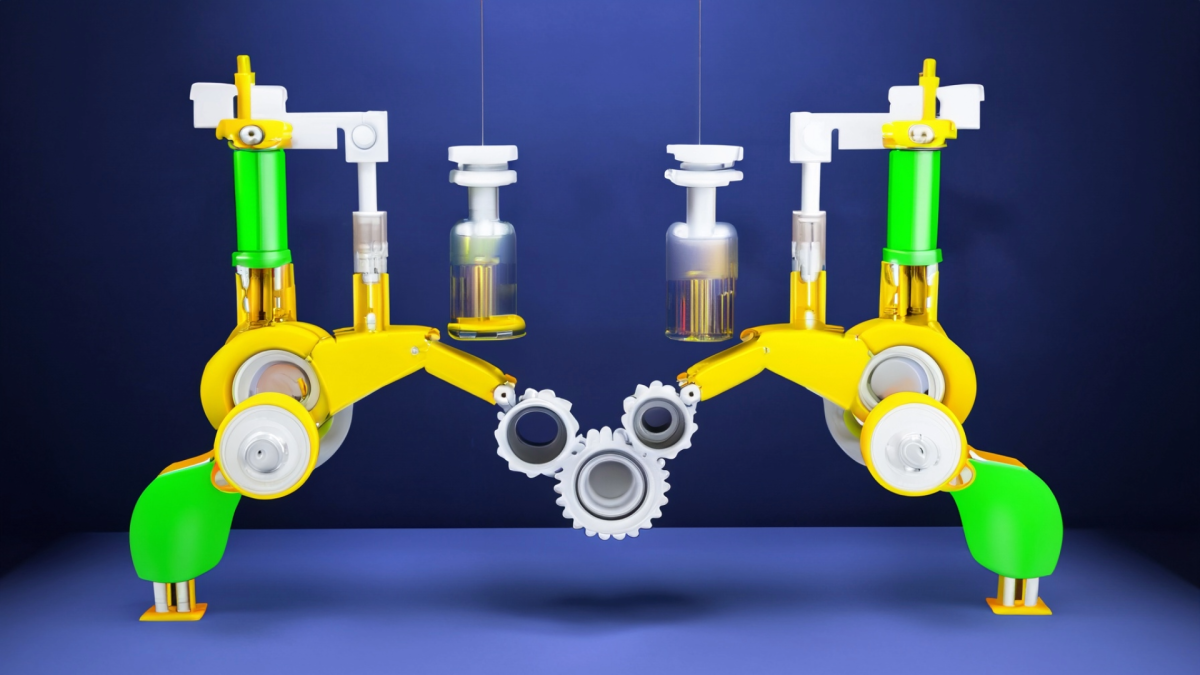Day 2 of a 4 day unit (with an optional day 5) on hydroponics, urban farming and vertical farming. Students will learn about hydroponics used on the International Space Station and vertical farming
Day 1 of a 4 day unit (with an optional day 5) on hydroponics, urban farming and vertical farming. Students will learn about hydroponics used on the International Space Station and vertical farming
In this lesson, students will explore how energy works using circuits and stored energy.
In this lesson, students will be creating a working model demonstrating Earth’s rotation and revolution. Students will be able to explain the differences between Earth’s rotation and revolution
This is the second lesson in a series of four lessons on building a robotic rover with the BBC micro:bit. In this lesson, students will design, model, and 3D print brackets for a TT motor to find the
The lesson plan consists of three labs that students can perform to investigate photosynthesis by preparing a slide and observing the chloroplast, test for the presence of glucose in leaves and
This lesson is about the effect of enzymes on the rate of chemical reactions in biological systems.
In this lesson students will explore the world of VR and proceed by creating a model of what their VR world would look like if they could make one.
This multi-day activity is designed for an introductory 4th grade STEM after school club. It can be easily modified for whole classes and for lower and upper grade levels. The activity has students
This lesson serves to provide an extension to lesson one. In this lesson, students will have the opportunity to build their own model of the solar system to scale, utilizing math concepts of exponents
Today, we will articulate the concept that a mineral is a naturally occurring solid with a distinctive crystal shape. Today, we will illustrate that rocks are composed of individual mineral pieces
Beautiful Biomes! In this project, students from the 4th and 6th grades will collaborate and explore the science standards of Arizona. The project's main focus is to study the impact of human
In this project, students from the 4th and 6th grades will collaborate and explore the science standards of Arizona. The project's main focus is to study the impact of human activities on the
Using the Engineering Design Process, students will design and create a marble maze out of cardboard and cardstock, making sure to include all the required elements. They will then create an air
This STEM lesson is all about foam gliders, aerodynamics, and the engineering design process. Students will explore flight through foam gliders and then use what they learn to plan and construct their
Students will create a 3D bookmark in Tinkercad. I pace this unit for three days. Day 1 is the introduction of 3D printing and practice in Tinkercad. Days 2 and 3 are creating and sharing their
This is a lesson about finding the volume of cubes and students will build a final project out of cubes and calculate the total volume.
Students will explore the phenomenon of length of day that is created by Earth's tilt on its axis in relationship to its orbit around the sun. Students will collect and analyze data about the length
This investigation provides a fun and engaging way for students to learn about data collection, graphing, and proportional relationships while exploring the power of renewable energy. By applying
This is a lesson plan for 6th grade Math about the Surface Area of Rectangular Prisms. Students will be exploring and measuring real life examples in order to determine the surface area.
Students will use empty soda bottles and a heat lamp to model the greenhouse effect that is essential for life on Earth. They will collect data and use it to create a graph of their findings.
This lesson plan brings us to the life of Winter and how her prosthetic tail helped her live a better life. The students would learn about the engineering design process in prosthetics and experience
This lesson serves as visual example of the concept of exponents and how scientific notation is utilized in science. Additionally, students will utilize scientific notation to measure distance of
Use the fun book, The 12 Sleighs of Christmas by Sherri Duskey Rinker to teach the Engineering Design Process during the holidays. Walk through the steps of the Engineering Design Process while
Featured Lesson Plans
Check out these notable lesson plans.

Design a Course with Friction


